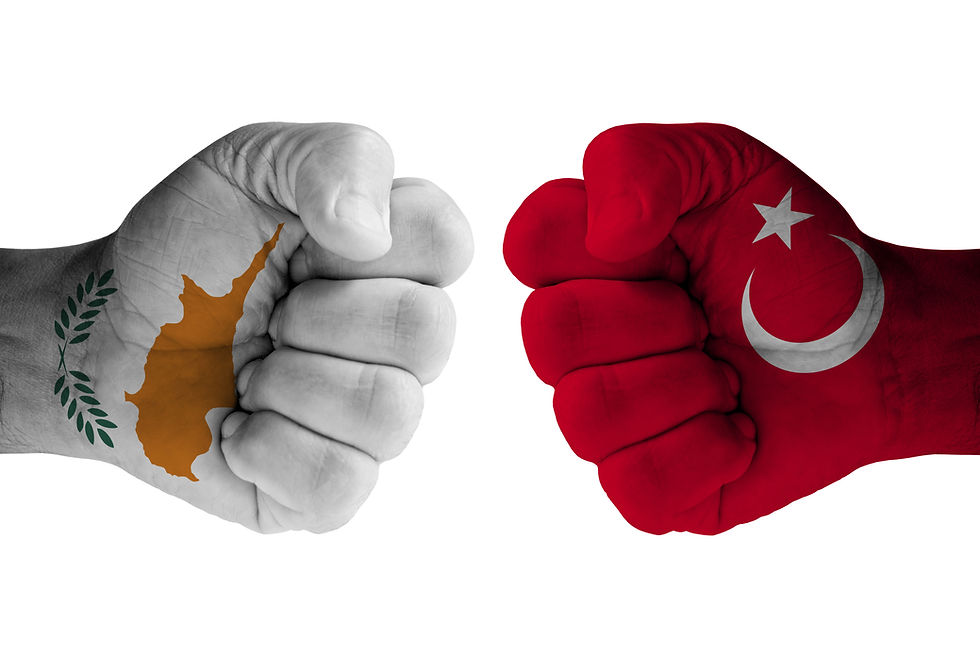Doing Business Successfully in Sweden.
- The Decision Maker

- Dec 7, 2022
- 3 min read
London, Wednesday, 07 December 2022
Sweden is no different from other nations in having its own culture and distinctive way of doing things. Then, how do these forward-thinking Scandinavians prefer to do business, and is it really that tough to strike up a conversation with a Swede?
No Formalities
Put aside formality. No matter how senior they are, you should always address your Swedish co-workers by their first names, including your superiors and even their bosses. Additionally, formal salutations like Mr. or Ms. are never used in written correspondence. Instead, a general salutation of "Hej!" or "Hej (first name)" is used.
Meeting Culture
Sweden has a strong meeting culture, which is partly attributable to the well ingrained custom of reaching consensus before making decisions. Before attending any meetings where decisions are made, you can anticipate being booked for informational sessions, planning sessions, organisational sessions, and follow-up sessions.
Planning
Since Swedes enjoy making plans in advance, having good planning abilities is a must. In the corporate world, spontaneity is neither usual nor valued, and it is typical to organise meetings weeks or even months in advance. Having a lot of free time or an unscheduled schedule can be considered as suspect when you are asked about your availability in Sweden because the majority of working life is spent in meetings and time is carefully planned out.
Be Patient With Their Decision Making Process
Constructing a consensus takes a long time. To keep everyone informed, to solicit their thoughts, to discuss, and to provide feedback from other people's meetings, numerous meetings will need to be scheduled. Expect no quick choices or outcomes.
“Fikas” Are a Must
Fikas, or coffee breaks, are ingrained in Swedish corporate culture. Coffee and something sweet, usually cinnamon buns, are the staples of fika. You can chat with co-workers during fika breaks and catch up on company gossip informally. They typically occur at least once each day. Even though attendance is not required in writing, it is documented when people don't show up. Working while your co-workers chat and drink coffee will not get you any brownie points. Regularly skipping fika will reflect poorly on your commitment to fostering relationships.
Small Talks
You might be considering how to maintain discussion throughout fika breaks. The themes that are typically covered are safe and neutral, such as the weather, or they are facts rather than opinions. It's also common to discuss population statistics, distances, temperatures, and volume when discussing anything that includes numbers or measurement. Do not mistake a lack of formality with being well acquainted just because you are familiar with your co-workers by first names. Swedes frequently keep their personal and professional life apart.
Be on Time
Ensure that you are on time for meetings. It is extremely impolite and unprofessional to arrive late. Sweden has a rigid definition of what constitutes being "on time." Punctuality is arriving a minute or two early for routine internal meetings and around five to ten minutes early for initial meetings with strangers. This includes any adverse weather that you might need to account for in your travel time, such as snowfall, sleet, or hail.
Work/Life balance
In Sweden, a positive work-life balance is valued highly. Working overtime frequently is far from being valued, and many people believe it to be a sign of incompetence or poor organisational abilities. There are also no rewards for not using all of your yearly leave entitlement (a minimum of 25 days). By ensuring that you return to work rested and reenergized for the rest of the year, taking vacations, including at least three weeks in the summer, is seen as maintaining a healthy work/life balance and demonstrating devotion to your profession. However, you will be required to schedule your work around your holidays and your co-workers’ vacations, which must both be properly observed.
To summarise, Swedish work habits and customs not only clearly help employees in many ways, but they also served as the foundation for many globally successful businesses, including IKEA, Electrolux, and H&M. You can integrate more easily and forge stronger bonds with your co-workers and business partners if you have a thorough understanding of Swedish business culture.
(Research and report by: The Decision Maker – International Relations and PEST Analysis editors)




Comments